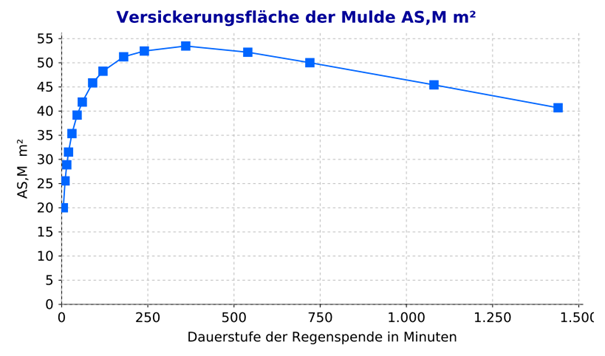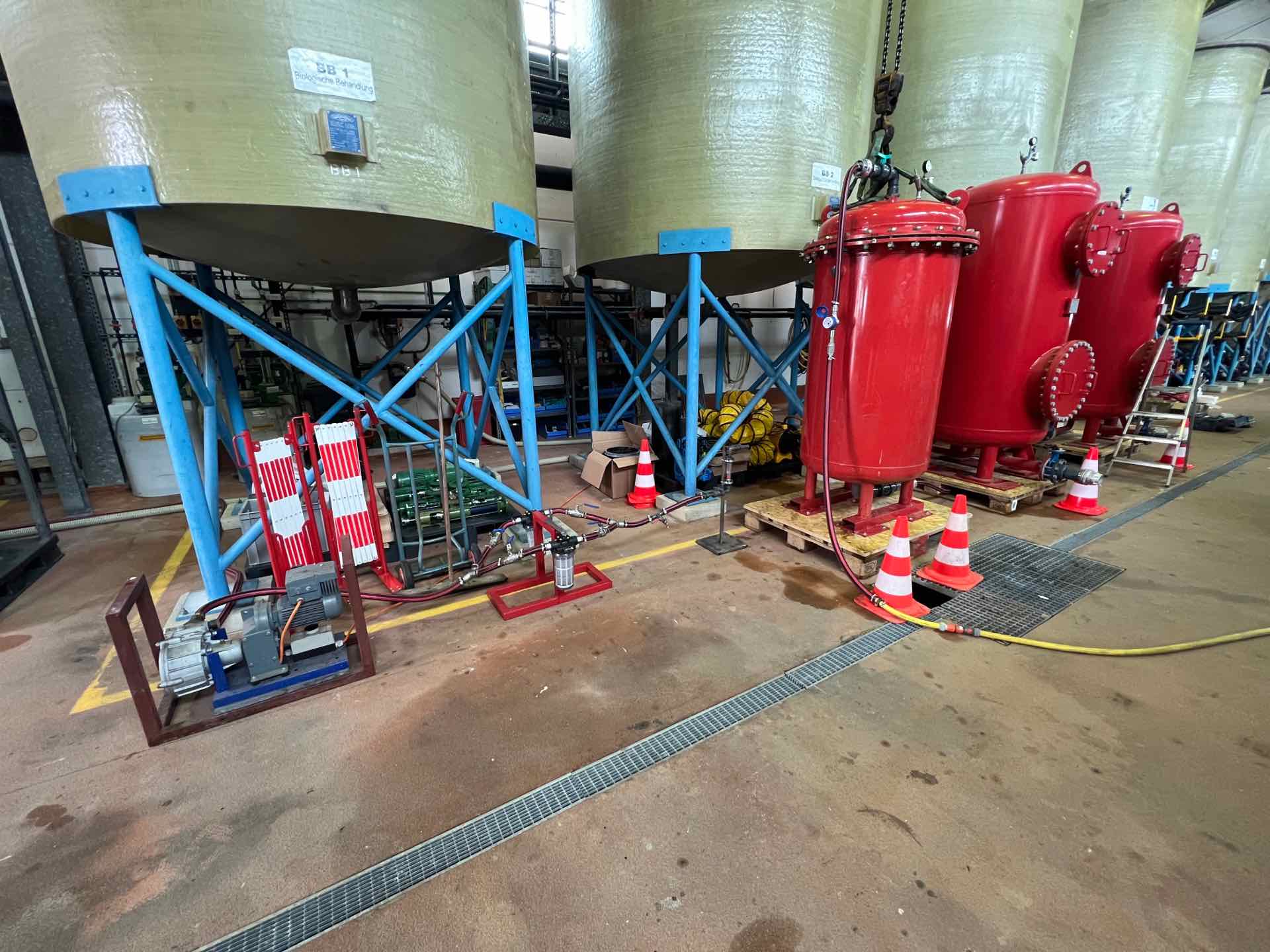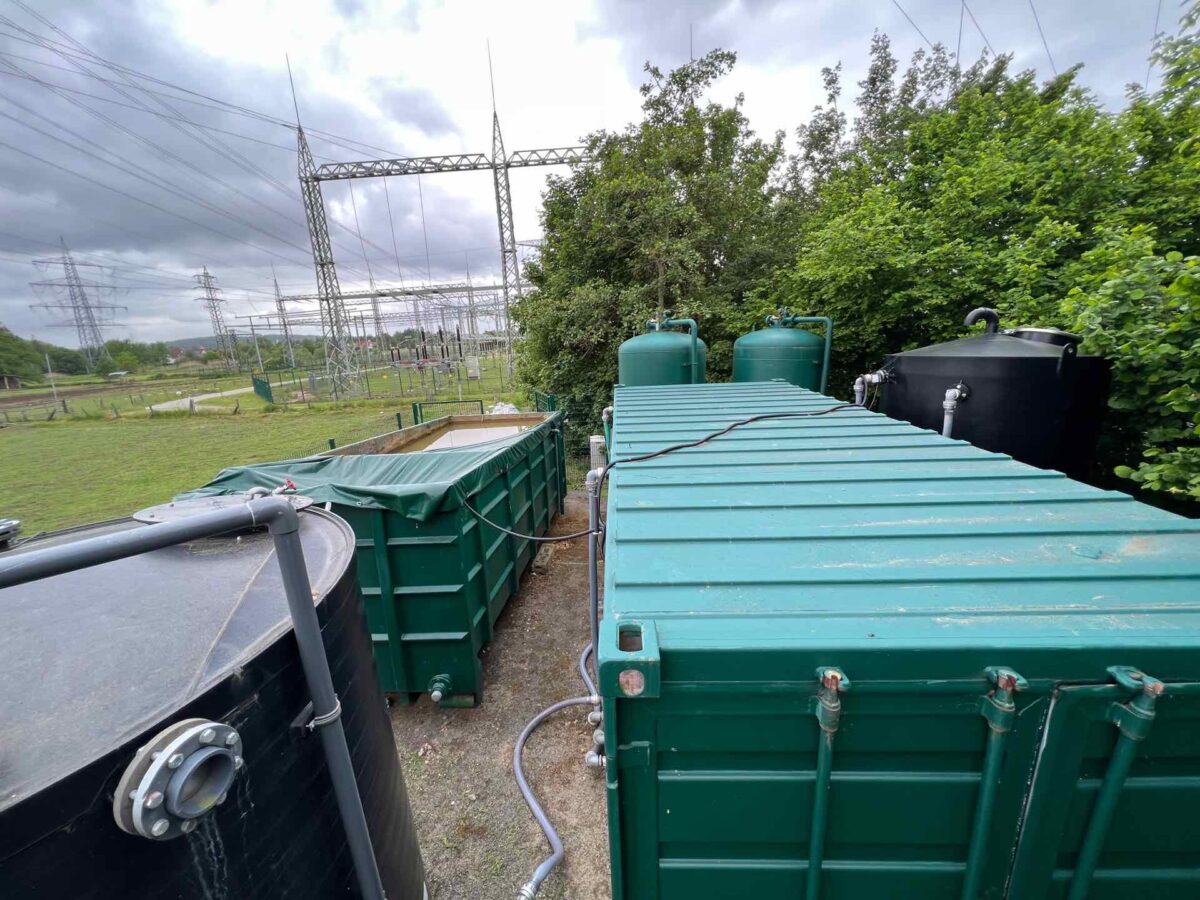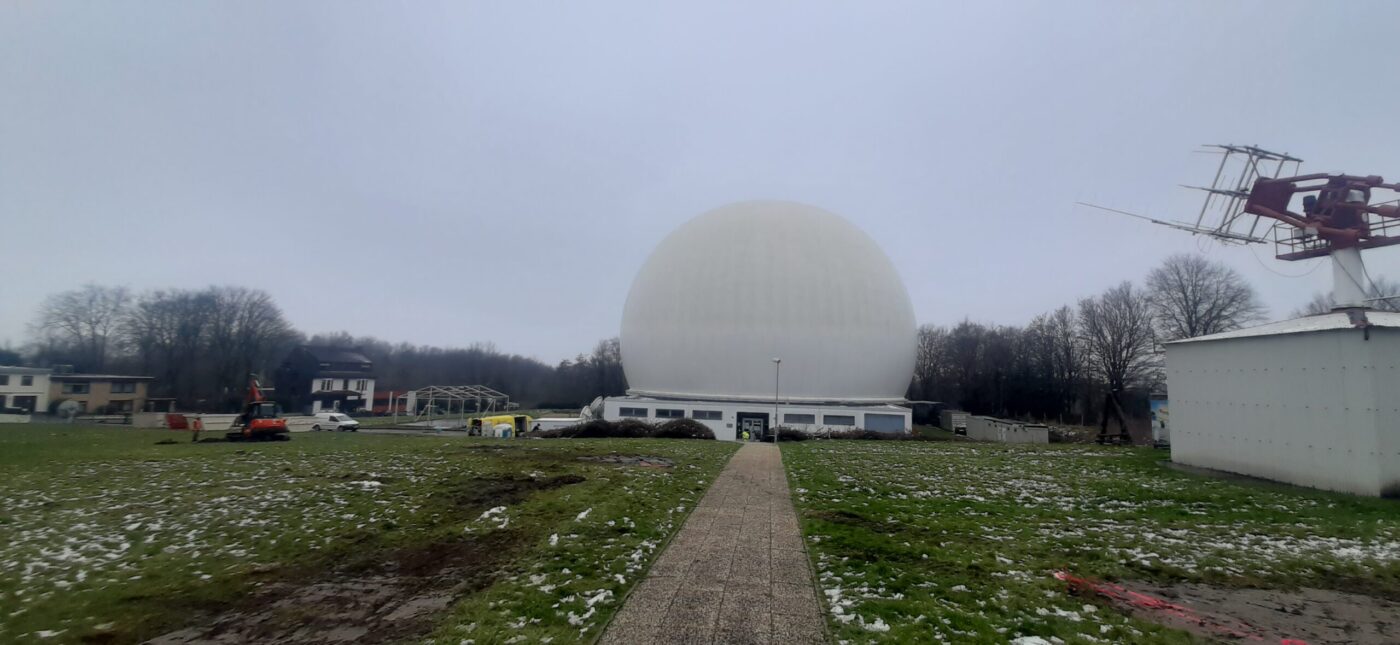The boardinghouse concept in the context of sustainability in big cities is an innovative housing and accommodation option that aims to integrate sustainable principles in terms of housing and resource use. Boardinghouses are building complexes that offer furnished apartments or rooms for short to medium-term stays. They are aimed at commuters, business travelers, students or other people who temporarily live or work in the big city. This concept offers different ways to promote sustainability in urban environments. For example, by making efficient use of the available space in large cities by accommodating multiple living or working areas in one building complex, more sustainable urban growth is enabled. Since boarding houses enable short to medium-term stays, they adapt to the changing needs and life situations of the residents. This can help ensure that living space is used more efficiently and there is less vacancy. Due to the central location of boarding houses, residents can shorten their daily commute times and reduce the need for individual transport. This promotes more environmentally friendly mobility. In addition, modern boarding houses are often equipped with environmentally friendly technologies and sustainable materials. All of this contributes to minimizing energy and water consumption and reducing CO2 emissions. that living space is used more efficiently and there is less vacancy. Due to the central location of boarding houses, residents can shorten their daily commute times and reduce the need for individual transport. This promotes more environmentally friendly mobility. In addition, modern boarding houses are often equipped with environmentally friendly technologies and sustainable materials. All of this contributes to minimizing energy and water consumption and reducing CO2 emissions. that living space is used more efficiently and there is less vacancy. Due to the central location of boarding houses, residents can shorten their daily commute times and reduce the need for individual transport. This promotes more environmentally friendly mobility. In addition, modern boarding houses are often equipped with environmentally friendly technologies and sustainable materials. All of this contributes to minimizing energy and water consumption and reducing CO2 emissions. In addition, modern boarding houses are often equipped with environmentally friendly technologies and sustainable materials. All of this contributes to minimizing energy and water consumption and reducing CO2 emissions. In addition, modern boarding houses are often equipped with environmentally friendly technologies and sustainable materials. All of this contributes to minimizing energy and water consumption and reducing CO2 emissions.


Overall, the boarding house concept can make a positive contribution to sustainability in large cities. However, when implementing boarding houses as a sustainable concept, some challenges must also be taken into account. This includes ensuring high construction quality and energy efficiency, taking into account the needs of the neighborhood and integrating the concept into urban infrastructure planning. The implementation of the boarding house concept requires holistic planning and cooperation with local authorities to ensure that environmental, social and economic aspects are taken into account.


Tucher and partners support builders holistically in the planning and implementation of this modern living concept. As a team, we develop tailor-made and sustainable solutions that meet the individual needs and requirements of the boarding house and enable efficient and successful implementation of the project. This is how the project M41 in Meglinger Str. 41d in Munich came about in cooperation with the team from wob group.









